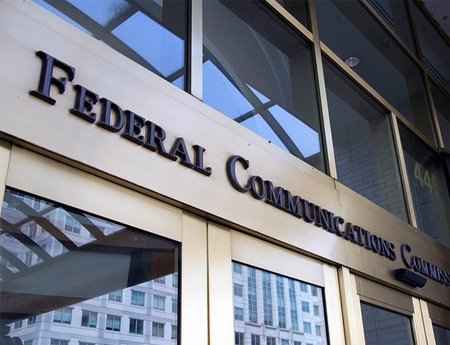NCTA Unloads on FCC Set-Top Plan

The smarter way to stay on top of broadcasting and cable industry. Sign up below
You are now subscribed
Your newsletter sign-up was successful
The National Cable & Telecommunications Association has given the FCC almost 400 pages worth of comments—including three "white papers" explaining why FCC chairman Tom Wheeler's set-top box "unlocking" proposal is deeply flawed and unnecessary technological mandate and a "radical" intervention in a successful marketplace.
NCTA had already telegraphed—make that emailed—its opposition last week in a fact sheet and press conference outlining its problems with the item. But in its official filing—initial comments were due April 22—the association laid out its case in reams of detail.
That case is that the FCC, having been told by a court that it did not have unbridled authority to take "any action" it wants to to promote the commercial availability of navigation devices, has thrown off that legal yoke and is "heading" toward a set-top box technical mandate that jeopardizes the current "Golden Age" of TV.
"Despite [Wheeler's] promises to protect the 'sanctity of contract' and his claim that which the cable operators put out should remain sacrosanct and untouched," NCTA said the proposal would disassemble MVPD services to be reassembled by third parties into new, derivative, services.
NCTA says the proposal represents a windfall for those seeking a free ride by taking content without license of compensation, it would mean higher costs for consumers. NCTA also says it would mean consumers accessing cable fare on their new, third-party devices would not be able to access MVPD features including "shop-by-remote, call up interactive information, switch between multiple events or camera angles, watch video-on-demand with full interactive 'extras,' upgrade service or order technical assistance from the screen, or start a show on one device and pick it up from pause on their tablets, smartphones, or smart TVs."
Plus, it would be attempting to provide competition for leased boxes by creating a new category of lessees: less security, less innovation, less consumer protection, less competition, and less services, not to mention, though it did pointedly, more boxes, more energy consumed and more ads.
"There is no urgency for such reckless rulemaking," said NCTA. The FCC should "hit the pause button and get it right this time."
The smarter way to stay on top of broadcasting and cable industry. Sign up below
Contributing editor John Eggerton has been an editor and/or writer on media regulation, legislation and policy for over four decades, including covering the FCC, FTC, Congress, the major media trade associations, and the federal courts. In addition to Multichannel News and Broadcasting + Cable, his work has appeared in Radio World, TV Technology, TV Fax, This Week in Consumer Electronics, Variety and the Encyclopedia Britannica.

